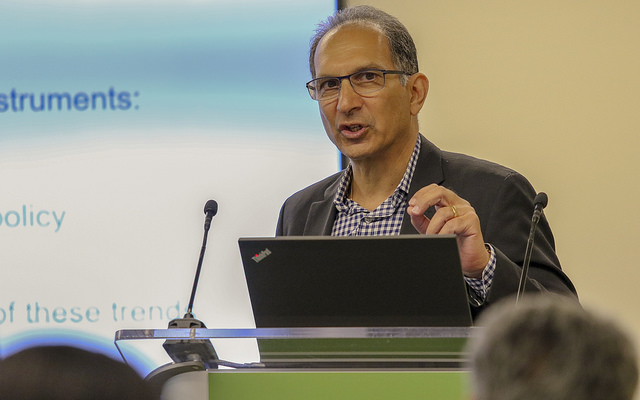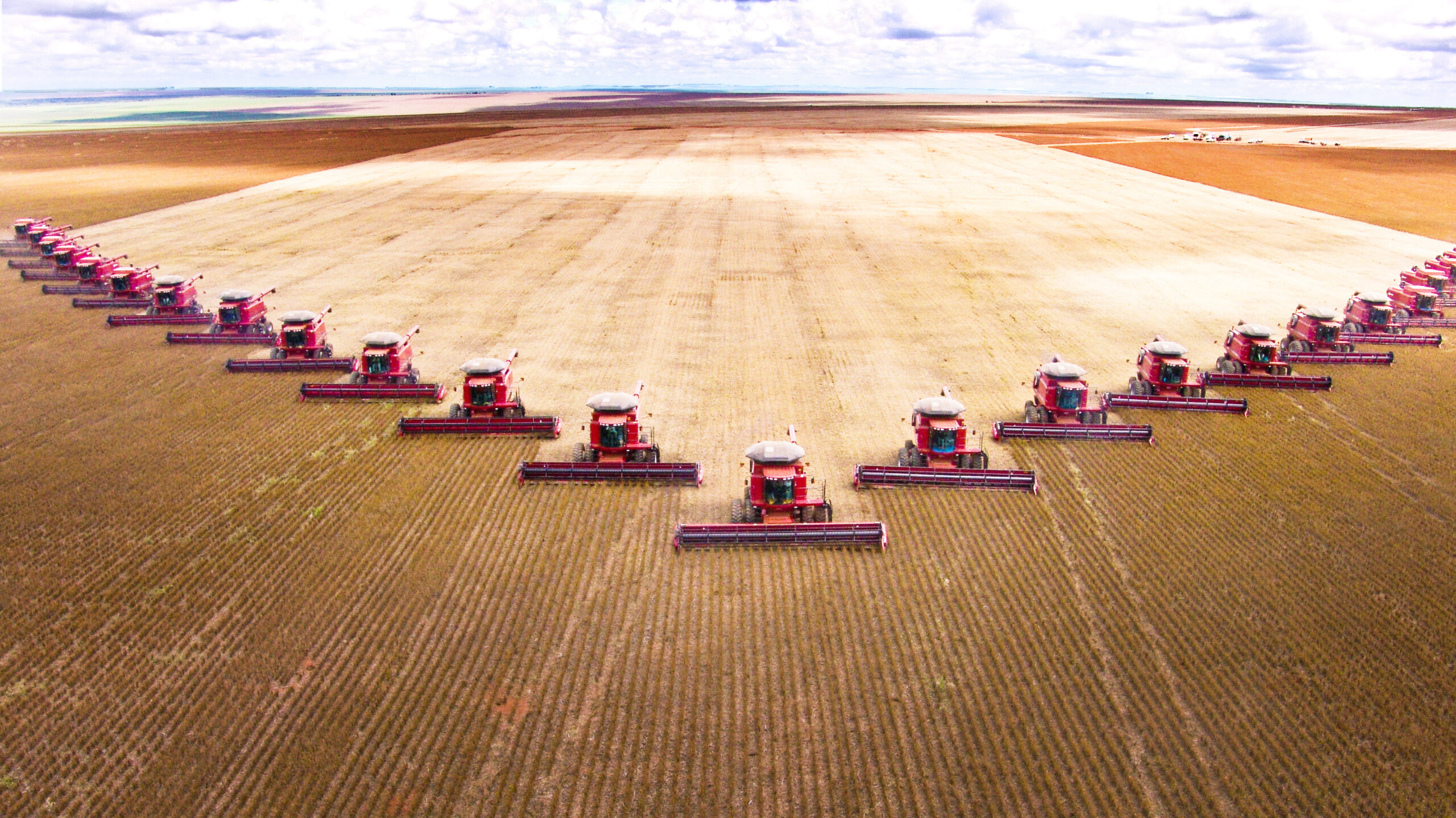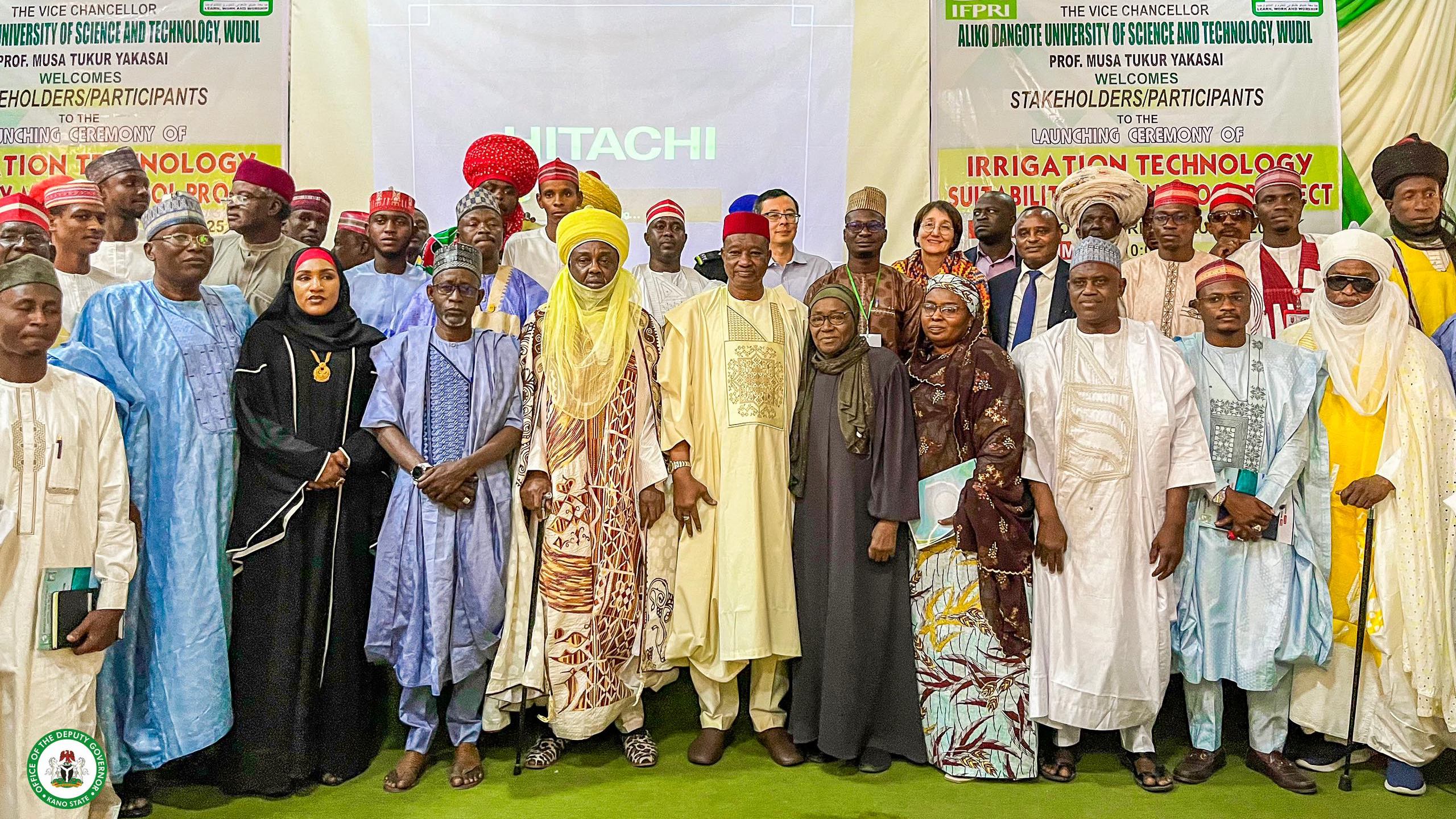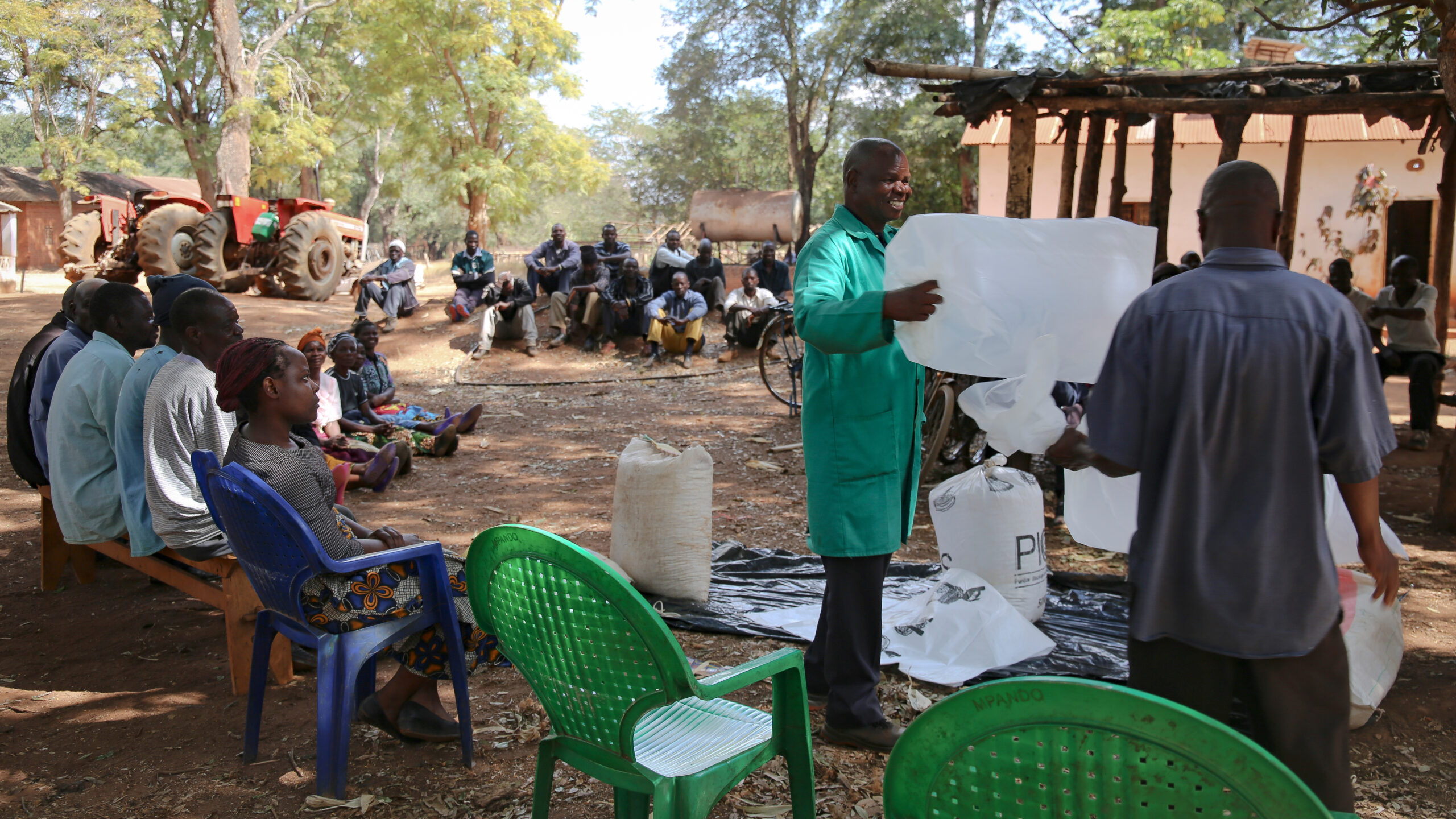It’s a troubled time for global food security, Homi Kharas of the Brookings Institution said in his keynote address at IFPRI’s annual staff research day Sept. 12. Progress on reaching many of the UN Sustainable Development Goals (SDGs) is too slow, while some indicators, such as obesity, are worsening. In fact, Kharas said, many indicators on food and nutrition security are moving in opposite directions. Over the last decade, extreme poverty and stunting have declined, while undernourishment has remained stagnant, and the share of people who lack money to buy sufficient food has actually risen.
“I worry that we don’t actually know what is going on in food and nutrition security,” said Kharas, Brookings’ interim vice president and director of the Global Economy and Development Program.
To address these confounding trends and succeed, the development agenda may need a more nuanced approach, Kharas said. Organizations may need to re-think basic approaches to building food and nutrition security. To address this challenge, he said, a focus on small-holder farmers is likely to be key because they are at the intersection of these outcomes.
It’s hard to build consistent institutional support country by country for food security as a goal, Kharas said. “We have a real problem with trying to persuade people that we have a long-term problem that requires a long-term solution with long-term stable funding sources,” he said.
Confronting this political economy challenge, he explained, requires actively raising the visibility of hunger, food, and nutrition security as the major poverty issue on the global agenda. However, policy makers continue to focus on easily measurable and possibly more tangible outcomes like education and infrastructure, he said, while not viewing hunger and nutrition as priority issues.
Incoherent policies are also a key obstacle to achieving food and nutrition security, he said. The SDGs often run into domestic political realities that can substantially hamper progress. One example, Kharas noted, is distortions in the global food supply brought about by protectionist measures such as agricultural subsidies. Protectionist policies have been steadily on the rise since 2011—an extremely worrisome trend, Kharas said.
Even when countries are proactive and voluntarily pledge to make progress on a common global concern, the results may fall short. Often, such pledges are systematically ignored—or worse, used to make countries that are really doing nothing feel like they are doing something.
“The kinds of things we are mobilizing action around are not generating real development outcomes,” Kharas said, “these types of general meetings, like G20 and the Malabo Declaration, just are not doing the trick.” International organizations should focus on finding ways to hold countries accountable to meet their pledges, he said.
Kharas stressed the need for systems thinking. In particular, he said, organizations should identify “the people that we want to bring in to think about these things—because they are connected, and have resources to bring to bear on the problem.” Promoting dialogues among influential people across sectors can help to create partnerships to address world hunger. Organizations must also focus on technological solutions, he said: While technology will not solve all our problems, it can make major inroads on hunger and food insecurity.
“We are in danger right now of people giving up on the SDGs, and that is something real, and it needs to be fought against,” Kharas concluded. He challenged the IFPRI staff to think about how to persuade policy makers to pay attention to evidence and use it. Increased access to high-quality data and research that can reach key decision makers ready to absorb it are crucial elements in this effort, he said. Ultimately, such efforts can bear fruit beyond policy decisions, he said: “One of the critical functions that research can contribute is to give people hope.”
Katarlah Taylor is an IFPRI Senior Events Specialist; Katrina Kosec is a Senior Research Fellow in IFPRI’s Development Strategy and Governance Division; Jessica Heckert is a Research Fellow in the Poverty, Health and Nutrition Division.







